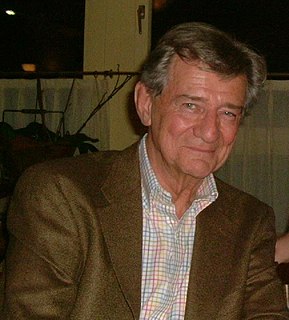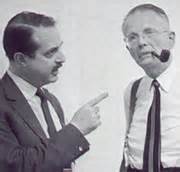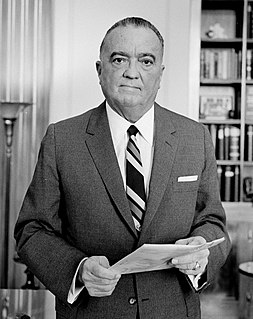A Quote by Gerald Vizenor
The great liberation of imaginative writing is that you're not held back by the facts.
Quote Topics
Related Quotes
As I started to read nonfiction in the mid '70s, I discovered, holy cow, there was a lot of imaginative nonfiction. Not the kind where people use composite characters and invented quotes. I hate that kind of nonfiction. But imaginative in the sense that good writing and unexpected structure and vivid reporting could be combined with presenting facts.
Liberation does not concern the person, for liberation is freedom from the person. Basically the disciple and teacher are identical. Both are the timeless axis of all action and preception. The only difference is that one 'knows' himself for what he is while the other does not. The idea of being a person, an ego, is nothing other than an image held together by memory.
[The scientist] believes passionately in facts, in measured facts. He believes there are no bad facts, that all facts are good facts, though they may be facts about bad things, and his intellectual satisfaction can come only from the acquisition of accurately known facts, from their organization into a body of knowledge, in which the inter-relationship of the measured facts is the dominant consideration.
For myself, as, no doubt, for most of my contemporaries, the philosophy of meaninglessness was essentially an instrument of liberation. The liberation we desired was simultaneously liberation from a certain political and economic system and liberation from a certain system of morality. We objected to the morality because it interfered with our sexual freedom.
I always have done work on mythic relations since I started writing. I really want to be a novelist, or at least a writer of imaginative work... I do try to make my critical studies imaginative and try to write them in ways that are more like literature than philosophy, but I have disappointed myself because I am still so wedded to criticism.





































